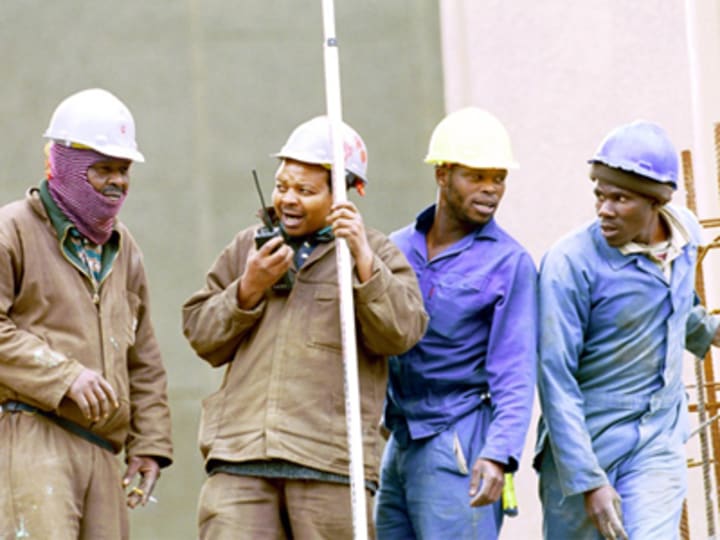
Africa needs so much investment and local governments are so cash-strapped that public funding alone cannot meet the continent’s needs.
That is why the private sector must become a more important actor, according to Oliver Griffith, head of communications and public affairs for the International Finance Corporation in Western Europe.
Griffith spoke to Devex on the sidelines of the Sustainable Energy in Africa conference in Brussels about opportunities for the private sector in Africa and where IFC is looking to support projects.
Partnerships between governments, civil society and multilateral investment institutions, he noted, are becoming increasingly vital for Africa, especially in the energy sector.
Here are a few excerpts from our conversation with Griffith:
What are the current opportunities and challenges for private sector investments in Africa?
The opportunity is enormous in Africa for the private sector because Africa needs almost everything. One of our priorities is investing in infrastructure; it is a difficult sector to invest in, but an extremely important one.
The big challenges are securing access to electricity and investing in agriculture and agribusiness. About 60 percent of the world’s available agricultural land is in Africa. With the cities growing in the continent, there is more need for agriculture supply chains.
Other growing areas are the information technology and the manufacturing sectors: there is a lot to be done concerning cell phones, television systems, as well as commodities. Last but not least, the mining sector [is also an opportunity] for investment.
What kinds of projects is IFC financing in Africa and what trends can we expect to see emerge in the near future?
We look at all kinds of projects. We have about 1,600 new projects per year worldwide and we are constantly in negotiation with companies. We have projects teams that travel around the world speaking to companies to try to get them investing in Africa in sectors such as renewable energy, transportation infrastructure and agriculture.
There are several dozens of projects pending that will be finalized in Africa in the coming years. Our investments in Africa have grown from about $400 million 10 years ago to [the present] $4 billion. Indeed, we only support a minority share, on average 20 to 25 percent of projects that amount, in total, to about $20 billion per year.
What is your opinion on funds from emerging donors flowing into Africa and, particularly, of China’s growing influence on the continent?
We are very much in favor of Asian investments in Africa, as long as they follow the local regulations. We very much support companies that are ready to invest overseas and we look for long-term partnerships with them.
Africa needs know-how transfer, it needs overseas companies to bring their know-how to invest, for instance, in the field of agriculture.
What is IFC engaging with in the field of renewable energy and energy access?
Lighting Africa, a joint IFC and World Bank initiative launched in September 2007, is working to improve access to better lighting in areas not yet connected to the electricity grid. The initiative aims to promote private sector investments to provide safe, affordable and modern off-grid lighting to a targeted 250 million people in Africa by 2030.
IFC also supports increased use of renewable energy, as well as greater use of clean, efficient cook stoves in all regions. We’ve shifted our investments in the power generation business from 70 percent of investments in fossil fuels to 70 percent of investments in renewable energy, with a new focus on off-grid and remote applications, access to energy and infrastructure.
[We have also] invested $2.6 billion in 120 projects in 35 countries for projects in energy efficiency, renewable energy generation, clean production, sustainable agriculture and green buildings, [as well as] providing funds to local financial institutions that channel them to SMEs.
In 2012, IFC invested $20.4 billion in 103 developing countries, reflecting a doubling of our annual commitments over the last five years.
Eva Donelli contributed reporting.
Read more development aid news online, and subscribe to The Development Newswire to receive top international development headlines from the world’s leading donors, news sources and opinion leaders — emailed to you FREE every business day.




